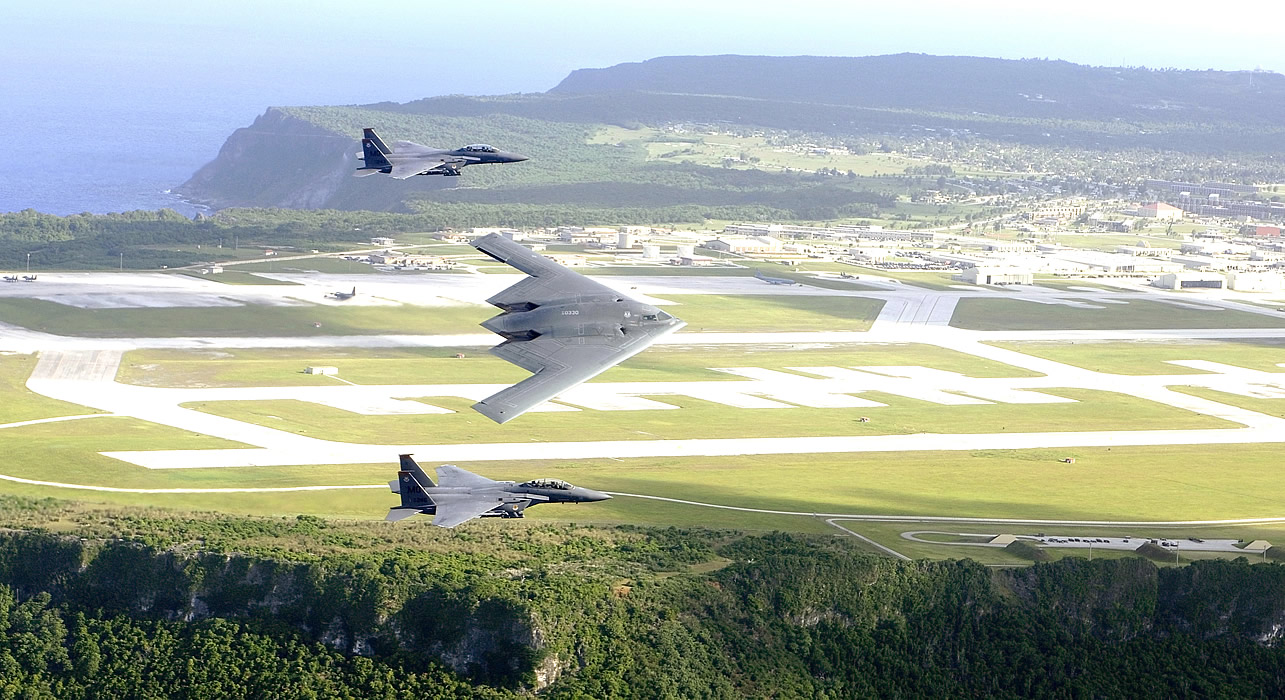Recent debates about history in the Anglophone world have showcased a particularly dangerous urge amongst some public figures and leaders: a willingness to take the present global division of wealth and power, particularly that of the United States, Canada, and Britain, as pre-givens and deserved. Beyond ignoring the obvious inequalities and injustices around the world, this kind of perspective is particularly dangerous from the standpoint of security: it ignores the contingent, multifaceted nature of the world and assumes that all success, just and unjust alike, is earned. Certainly, the rise of the Global South has made many Westerners nervous as they strive not only to protect that which they have, whether wealth or power, but also to explain, if only to themselves, why it is that they had it in the first place. The likes of Conrad Black and Niall Ferguson are particularly notable on the latter count.
[captionpix align=”left” theme=”elegant” width=”300″ imgsrc=”http://natoassociation.ca/wp-content/uploads/2013/06/G3.jpg”]
Conrad Black’s book, Flight of the Eagle, exemplifies this hubris spectacularly. Flight details the rise of the United States and argues that this was simultaneously (and rather confusingly) the result of savvy, intelligent leaders, and an unstoppable collection of forces inexorably pushing it towards global ascendancy. Niall Furguson, while perhaps less resolute in his outlook, is equally triumphant. His latest book, Civilisation: the West and the Rest, argues that while British imperial power inarguably had its failings, on the whole it was beneficial to the world, having “pioneered free trade, free capital movements and, with the abolition of slavery, free labour. It invested immense sums in developing a global network of modern communications [and] enforced the rule of law over vast areas.”
Historical triumphalism is nothing new; the idea of a democratic society is such that we accept the ability for multiple, conflicting interpretations of not only the past, but also the present, and even the direction we will go in the future. This is generally touted as necessary for a healthy and democratic society to function. However, when self-congratulatory narratives that stem from these dialogues become ingrained and, most importantly, institutionalised, problems arise. The American experience of the Vietnam and more recent Iraq wars showcase this perfectly: when we believe in our own invincibility unquestioningly, disaster generally follows.
Black and Ferguson are attempting to shift the public consciousness of both American and British historical foreign policy towards the world into a new (or rather, old) light. Ferguson claims to represent an insurgent tradition of scholarship on the British imperial experience, one which understands the empire as net-positive, for coloniser and colonised alike. Black, for his part, is a more run-of-the-mill ideologue, looking to express with bombast his enthusiasm for the actions of the country which he has adopted and invested in. Their message is simple: the West, but specifically Britain and America, have amassed considerable power. What’s more, they have used this power with restraint and finesse; they should be proud of this and should think of it as a necessary outcome of the flows of world history.
In a time when NATO, the inarguably Western alliance, and its members have questioned its place in the world, a misunderstanding of history isn’t simply garish; it’s dangerous. The narratives crafted by states have always stressed their triumphs, be they in war, science, or elsewhere, but history, particularly world history, is a trickier animal to play with. The idea that states such as Canada and Britain have ‘earned’ their place in the world whilst others have squandered theirs is certainly something that will please chest-thumping nationalists at home, but will only alienate potential partners abroad. Furthermore, self-congratulatory behaviour such as this tends to breed the kind of insular, unprepared thinking that leads to disaster; Iraq and Afghanistan are only the most recent examples of how assumptions of strength, rather than the careful accounting for, costs lives and political capital.
[captionpix align=”left” theme=”elegant” width=”300″ imgsrc=”http://natoassociation.ca/wp-content/uploads/2013/06/G2.jpg”]
One of the Americans that stands out in terms of breaking with his country’s bombastic self-professed exceptionalism, even if only slightly, is President Barack Obama. While initially hailed as a dream for liberals, Obama’s actions, particularly on the front of foreign policy, have a tinge of Nixonian realpolitik. From drones to Afghanistan, he has been bullish where other liberals have shied away – whether or not his actions are suitable, or legal, certainly they are much more dispassionate than those of his predecessors. His effectiveness on hunting down the enemies of the United States has in no small part been due to his calculated use of American hard and soft power alike. He has not believed, as some of his predecessors have, that Americans innately have the power to win and that they will continue to do so. While his methods often leave much to be desired, the basic premise of his logic, that security is won day-to-day and not granted by some historical geist moving in one direction or another, remains sound.
The danger of Ferguson and Black is not that they express brash opinions or illiberal ideas – though we may choose to indict them for these if we wish – but rather it is their decision to and insistence that we accept our current positions in the world (particularly Anglophones) not as an event contingent on a myriad of other factors, but rather as a necessary, predestined outcome. Forgetting all liberal pretences of a pluralised world of many actors and beliefs, the impulse to believe in one’s superiority invariably invites disaster. In an age where the ‘rise of the rest’ has been a thematic undertone to much of the discourse of international relations and security, this is the time, now more than ever, in which Western nations need to think critically about their pasts and their futures. It feels strange to have to say it, but the colonial fantasy of the likes of Ferguson, who says that both coloniser and colonised ‘won’ with imperialism, is just this, a fantasy. NATO, which often sits synonymously with the West, should be careful about allowing this kind of thinking to enter into the minds of its leaders. New allies and partners for NATO will not be won by the assumption of its infallibility, nor through self-congratulation and high-browed bullying, they will only be made through mutual respect and understanding. Security demands vigilance, critical thinking, and perhaps most of all, humility. Black and Ferguson’s thinking offers us none of these and could cost us everything.



